The ones who have already watched, the most discussed, Gangubai Kathiawadi, or even the ones who haven’t yet (why though?) are presumably aware of its song, Meri Jaan. No? Then quickly have a look at the music video. I’ll wait.
Why? You ask. Well, believe it or not, aside from being an absolutely smashing song, Meri Jaan captures an essential aspect of relationships, that’s less talked about.
When I first watched the song, I was so immersed in admiring Bhansali’s brilliance in creating unimaginable visuals in a confined space and Alia Bhatt’s acting prowess, that I missed the crux of it.
Later, while watching Gangubai Kathiawadi on the big screen, I noticed the biggest lesson they hid in plain sight: consent.

We often come across people who clearly showcase their inability to fathom the basics of the subject.
Honestly why are you there in the first place 🤷♂️🤷♂️🤦♂️😂😂
— Reckless_Mukiga (@Werhub1) February 26, 2022
So I thought that maybe bringing direct attention to the scene from the film would explain it better.
Basically, Gangubai (Alia Bhatt), a sex worker, invites her lover, Afshan (Shantanu Maheshwari), on a date. While she playfully leads him on, the man follows the hints and tries to kiss her. She refuses. She asserts the fact that she doesn’t want it without uttering a word. When he doesn’t budge, Gangubai pushes him away and vehemently opposes the act.
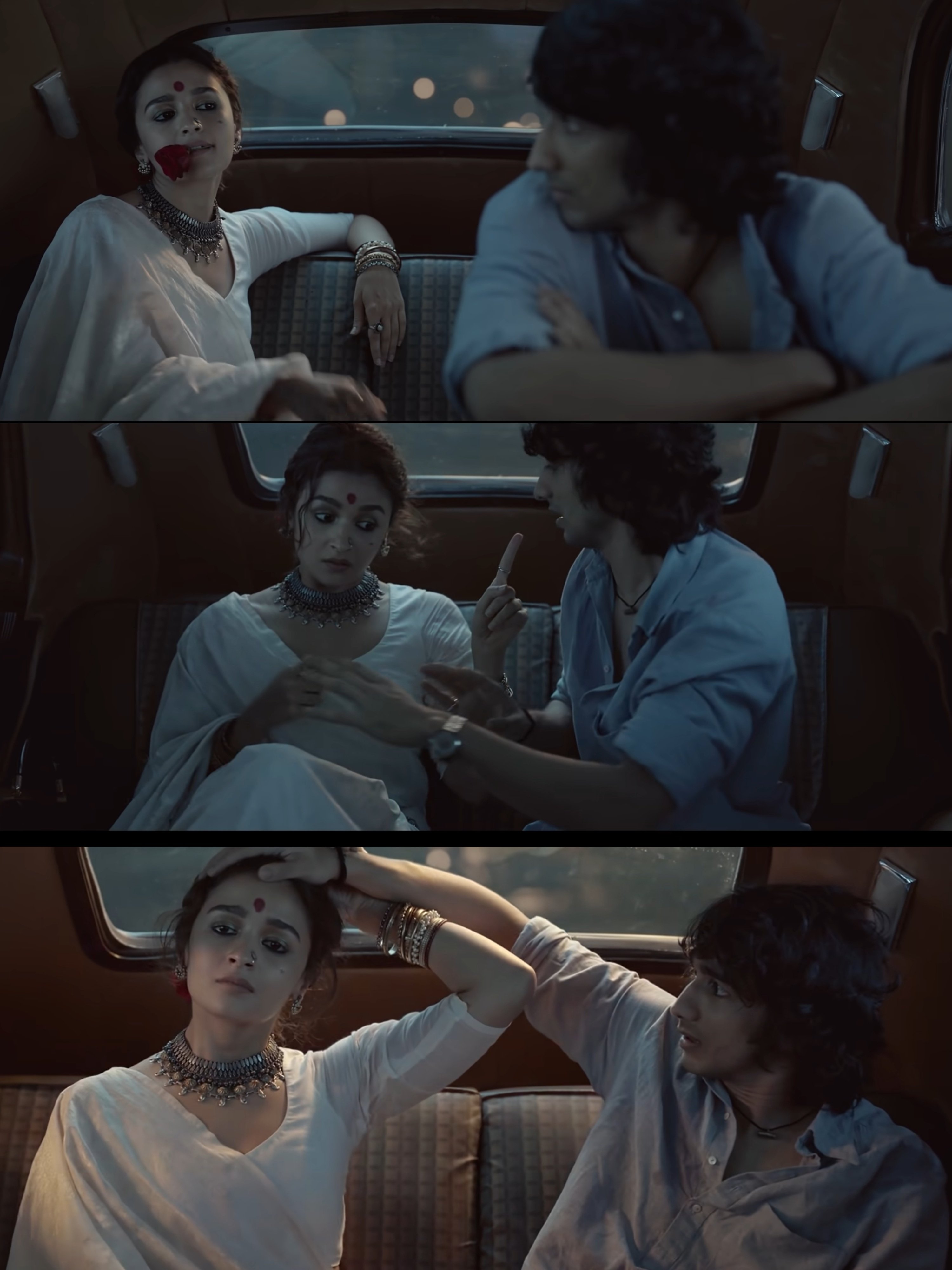
The moral of the story: No means no. No matter who you are. It doesn’t matter at what point you choose to say no. And even if you are a sex worker, you have the right to say no.
Sanjay Leela Bhansali, the director, elaborates on his thoughts on the song in a recent interview with Film Companion. He unravels how, in those few seconds, Gangubai talks about so many rights they (sex workers) have been deprived of.
Whenever I pass by, they are touching them all over their bodies. They are being exploited. I feel very sorry for the gruesome world they live in. But that one basic human requirement of being loved purely and being patted on the head, even if she is a sex worker, she had a right to that pure moment of love.
-Sanjay Leela Bhansali
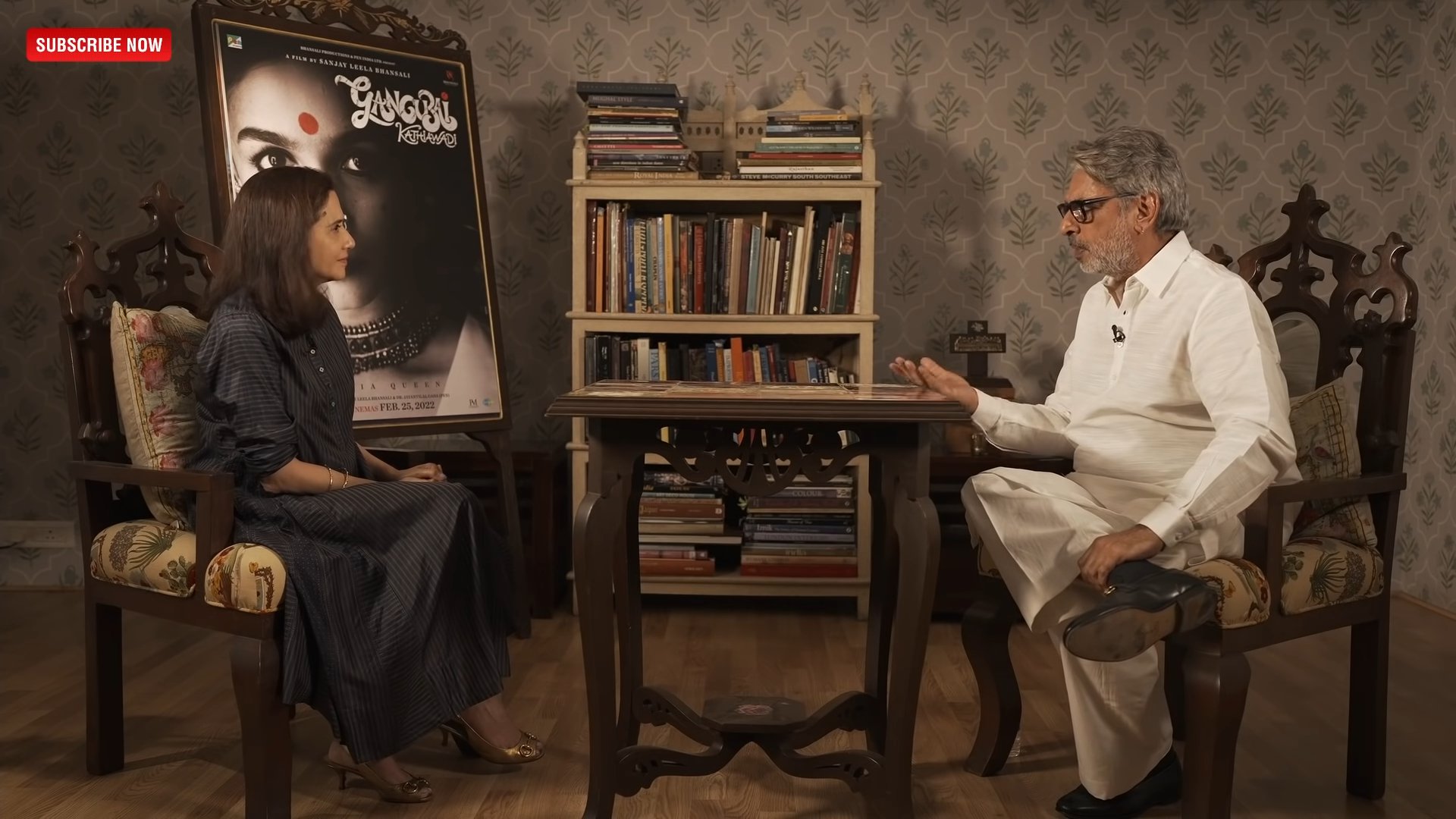
Patriarchy enables men to perceive women, every last one of them, but especially sex workers, as props to own. The lack of consent education (especially for men), which is more than just a sex skill, is the root cause of the issue.
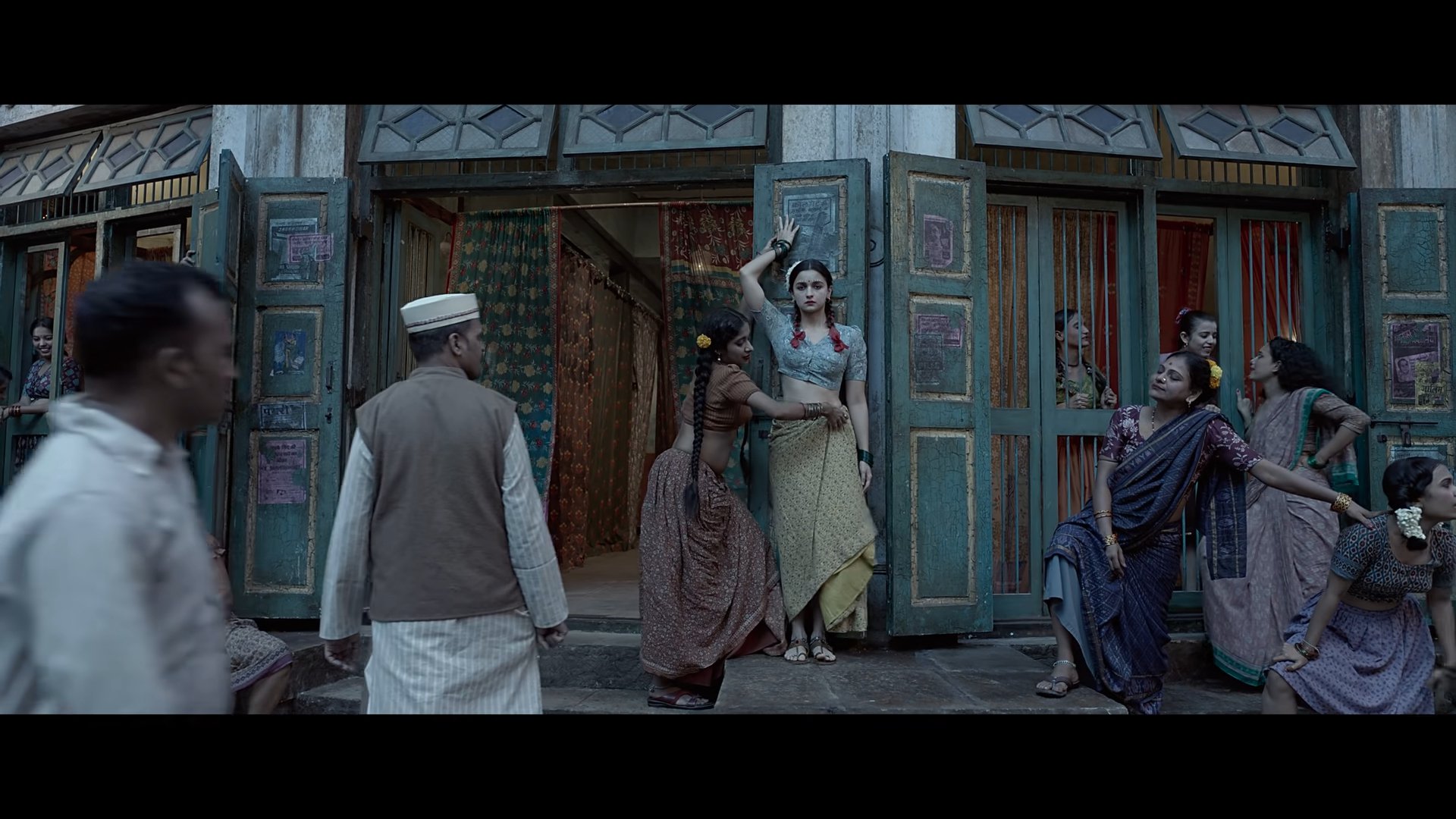
In any occurrence of sexual exploitation, the circumstances are irrelevant, but when it comes to the sex trade, the questions don’t even arise. In spite of that, a person’s line of work is no justification for forced sexual acts. Consent should be on a person’s own terms. That’s how it works, even if it involves monetary exchange for pleasure.
At the very beginning of the film, Gangubai, who is out with her friends for a day-off, is seen beating up a potential customer for passing lewd remarks and coercing her.
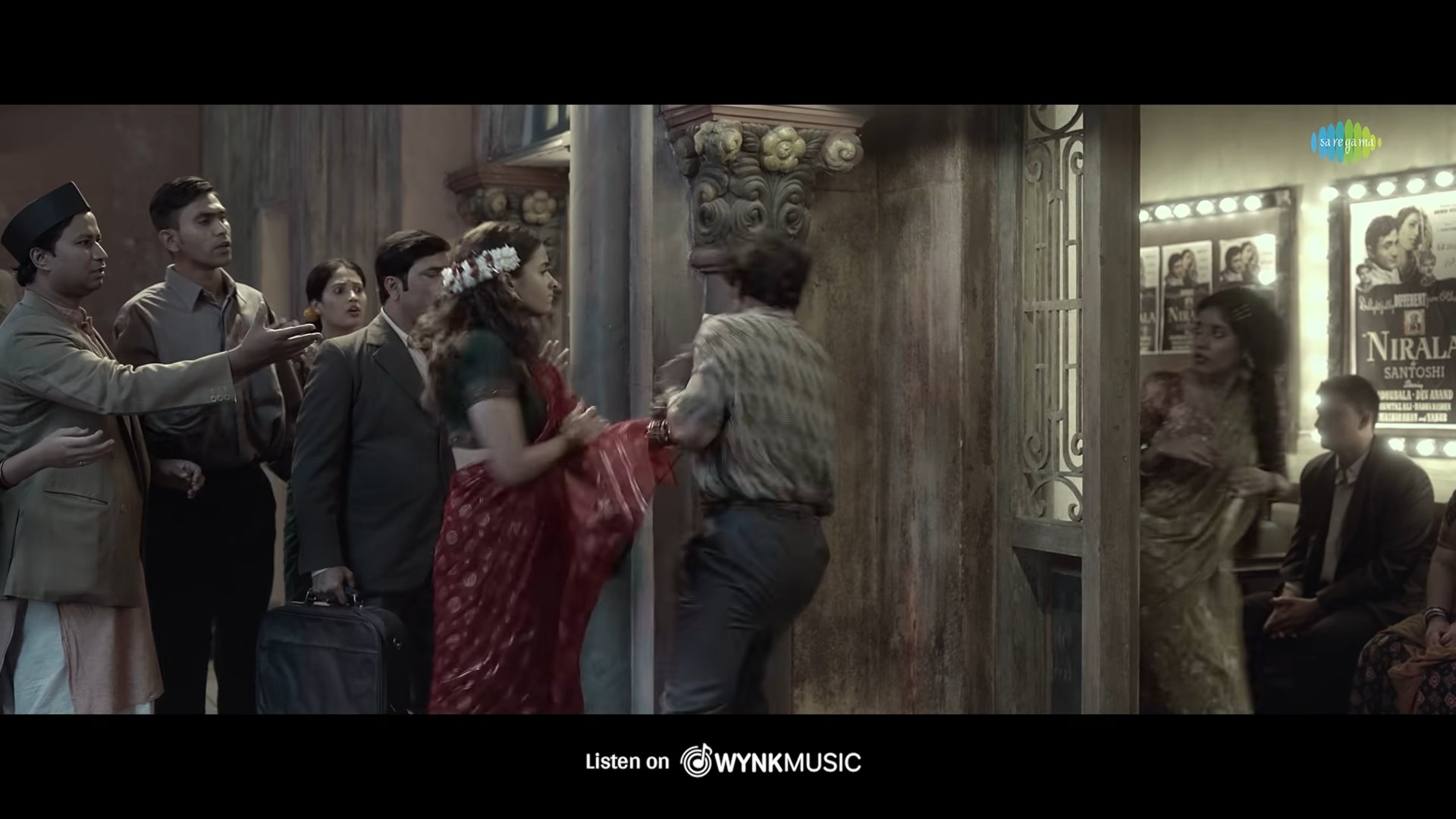
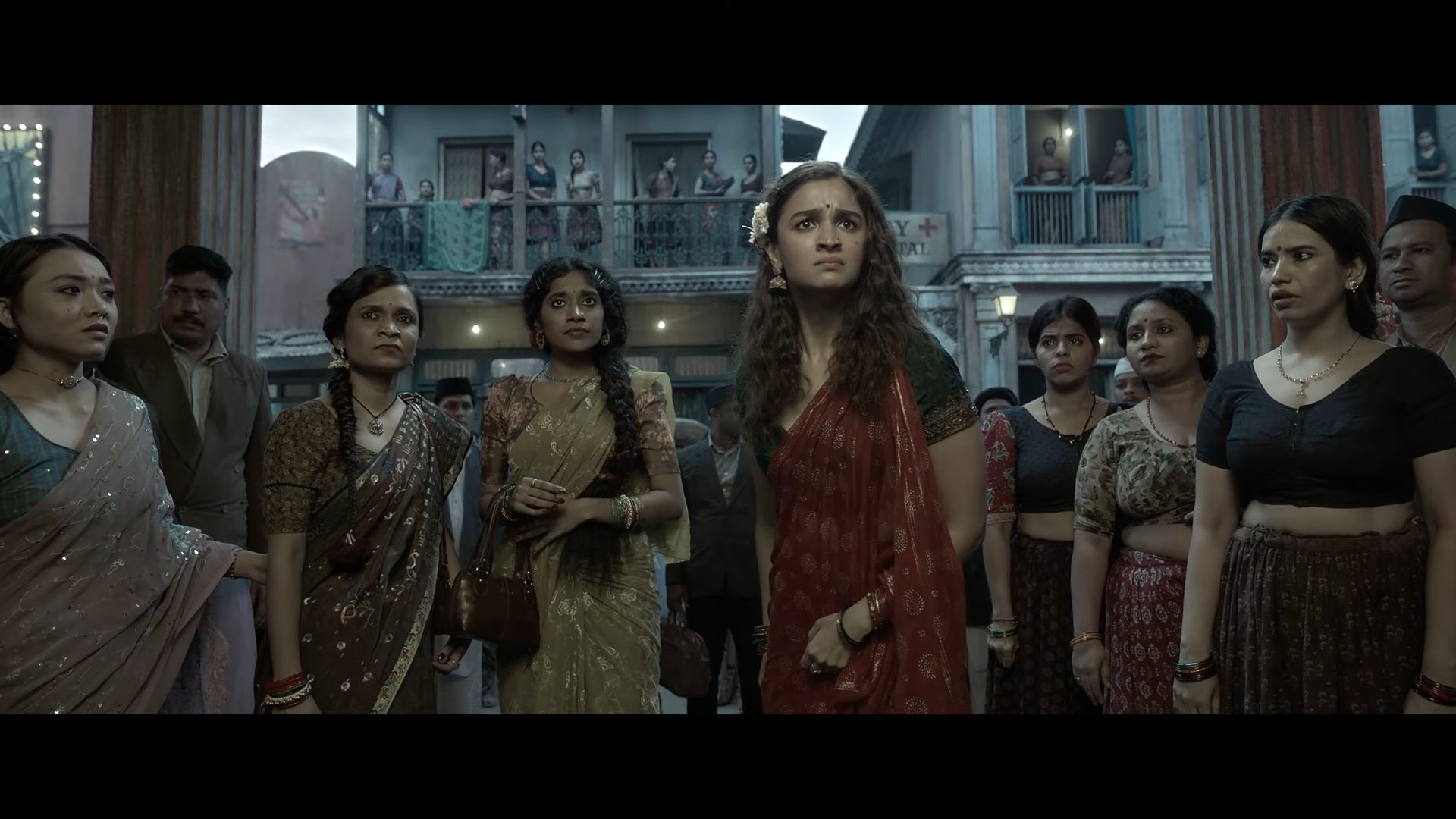
Later on, in another scene, the protagonist also takes a stand against the man who forces himself on her as well as assaults her. The powerful segment in the film categorically asserts that sex workers are particularly vulnerable to abuse of this kind.
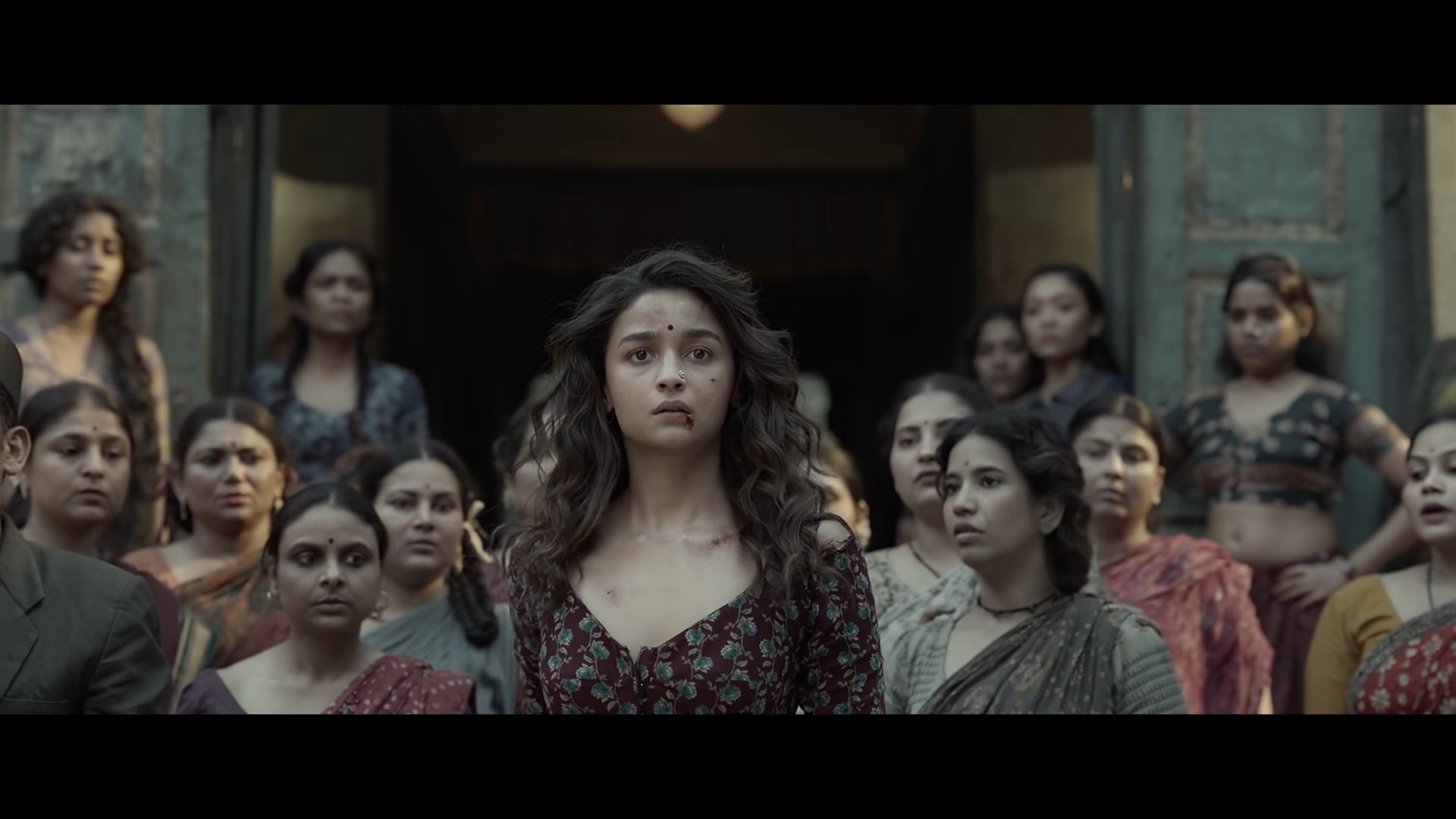
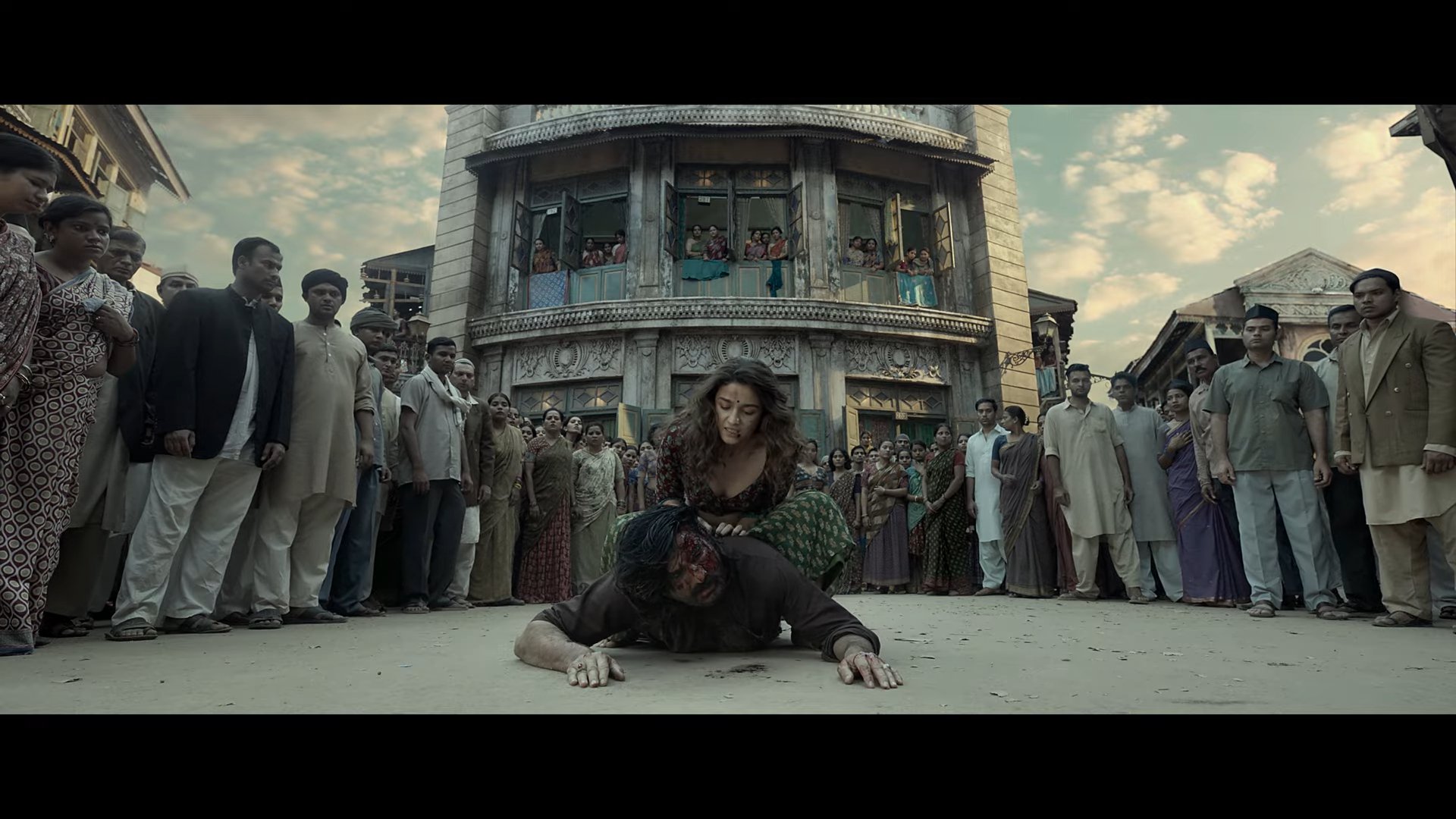
In a bid to bring forth the life story of a fierce ‘mafia queen’, Bhansali also highlights the complex issues in the lives of trafficked women. The stigmatised section of society is almost deprived of their agency consent, which everyone deserves regardless of their walk of life.
However, boundaries and consent are rarely discussed with regard to the sex trade, which adds to the exploitation of the people involved.
The notion of consent is of the utmost importance to the rights of women to not have unwanted sexual experiences, not simply in clubs but also in kothas.

















